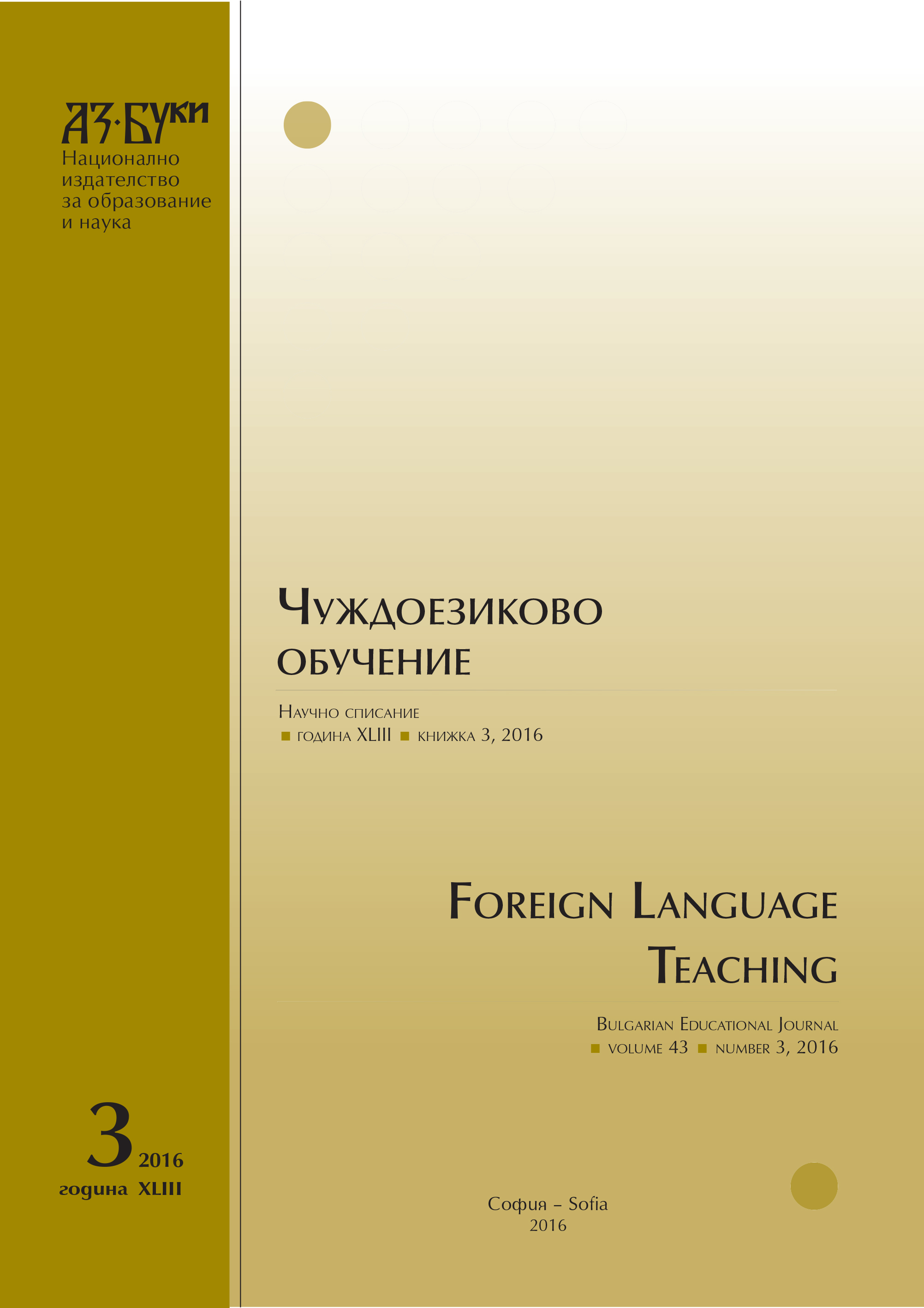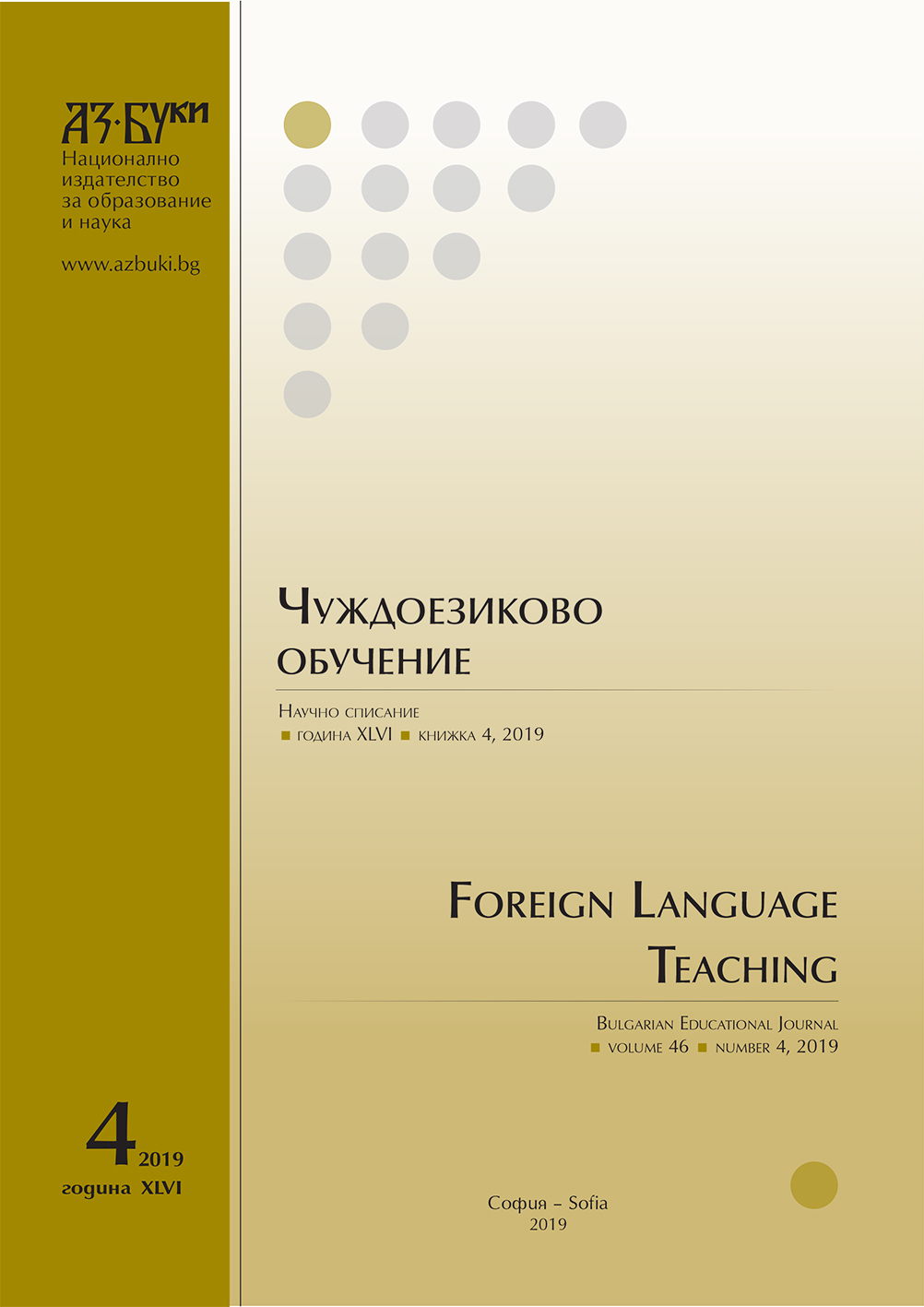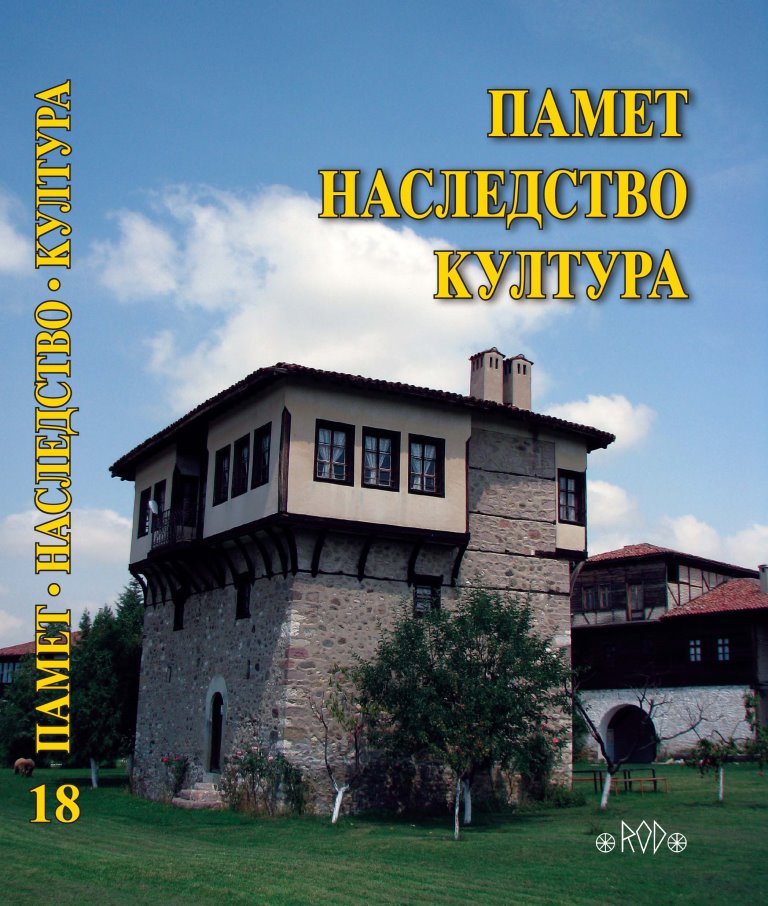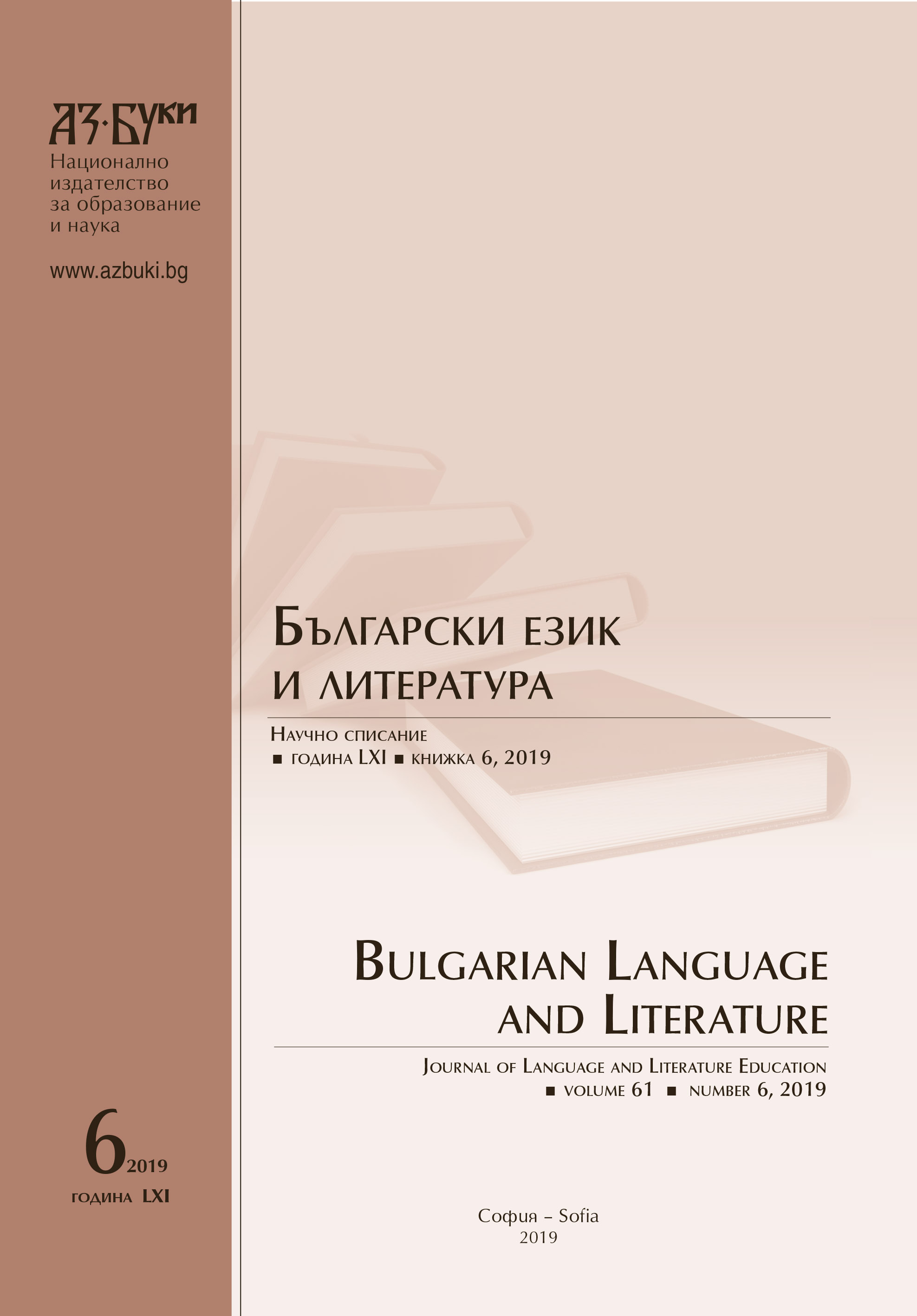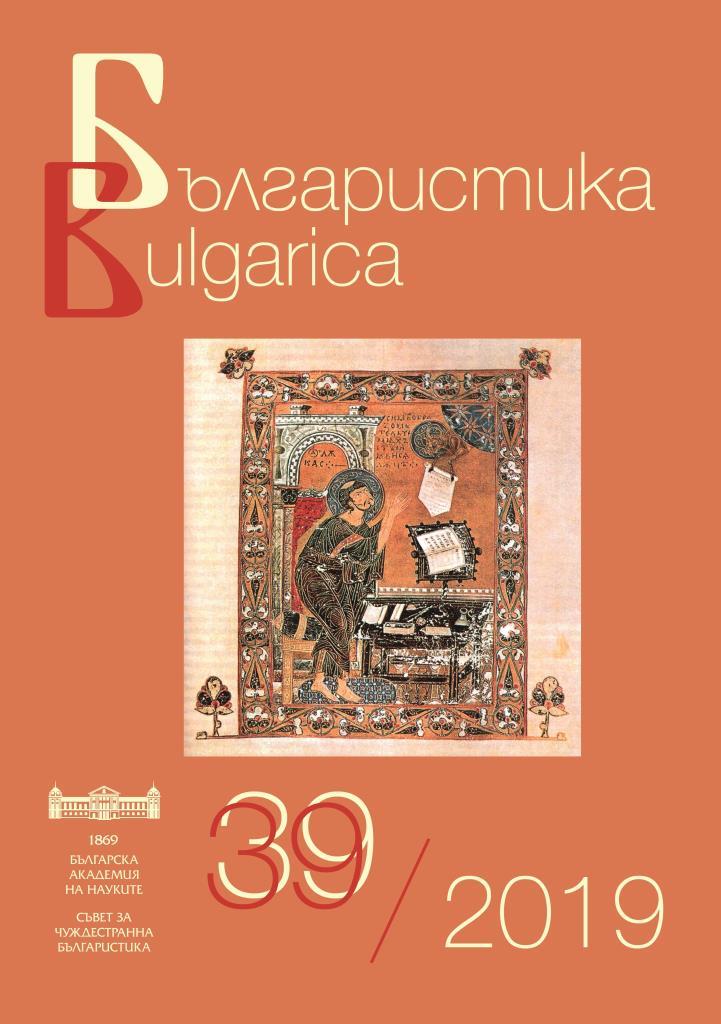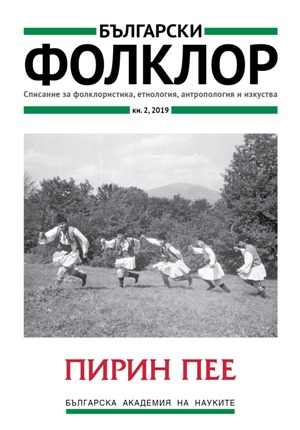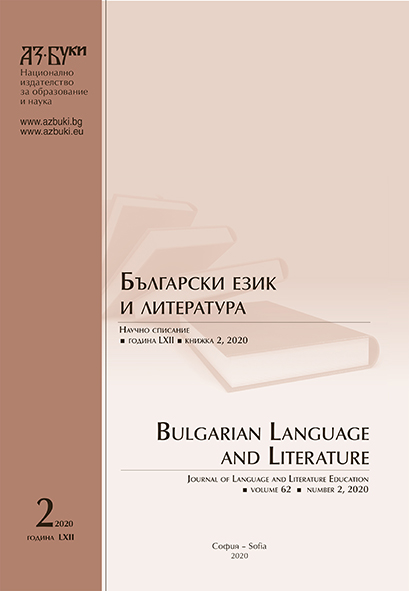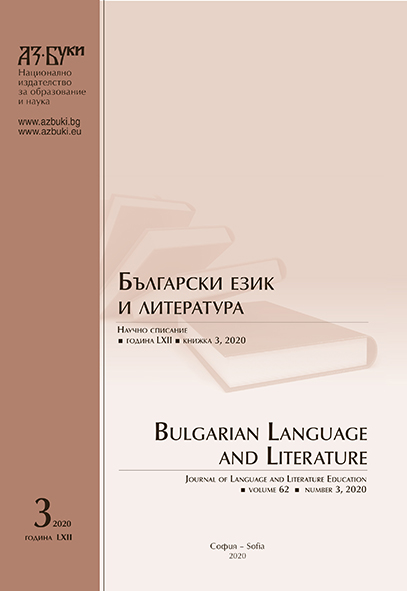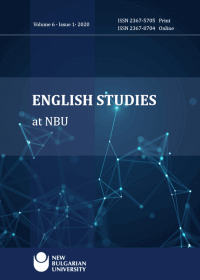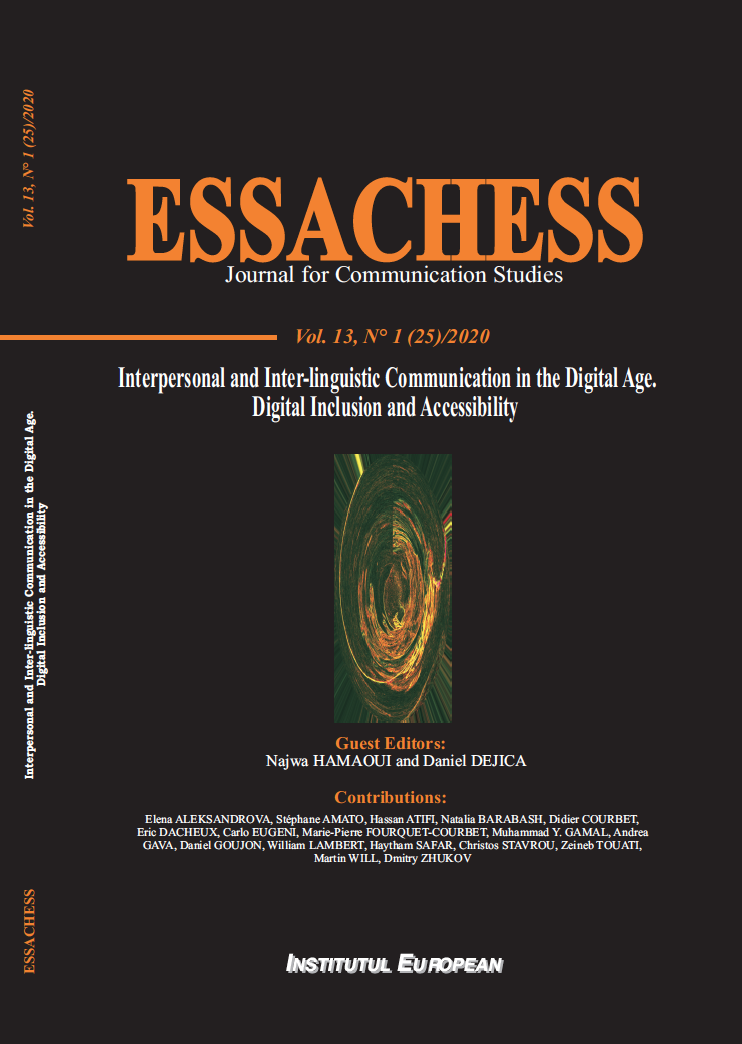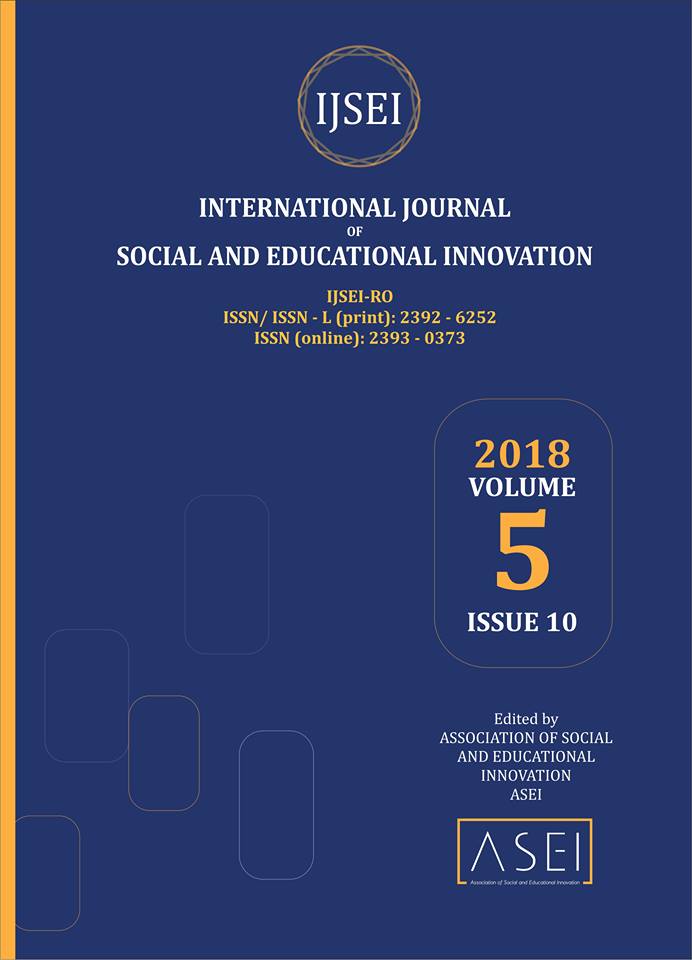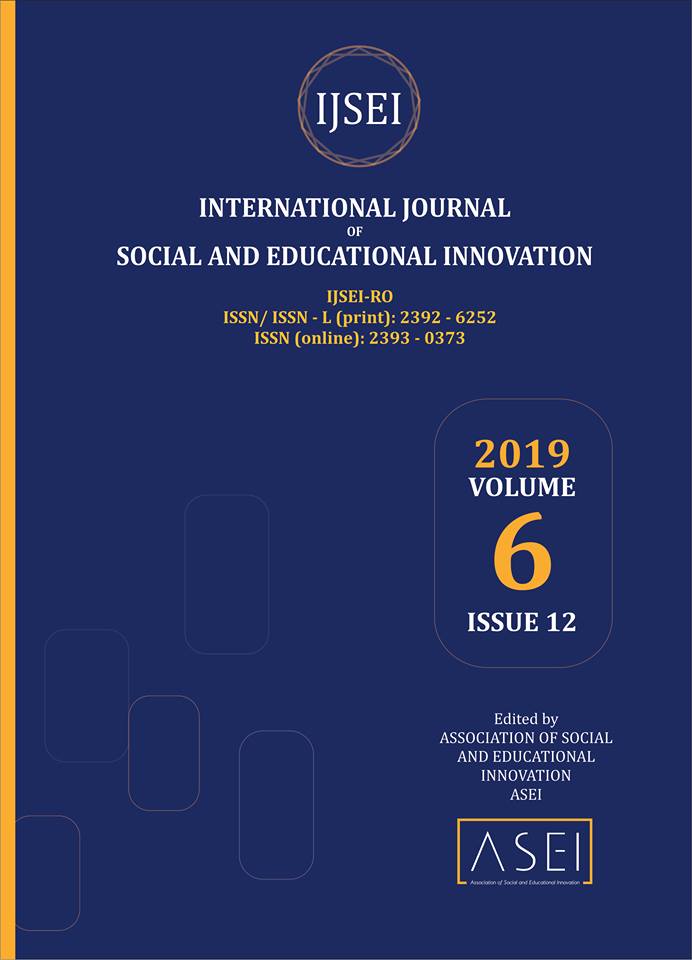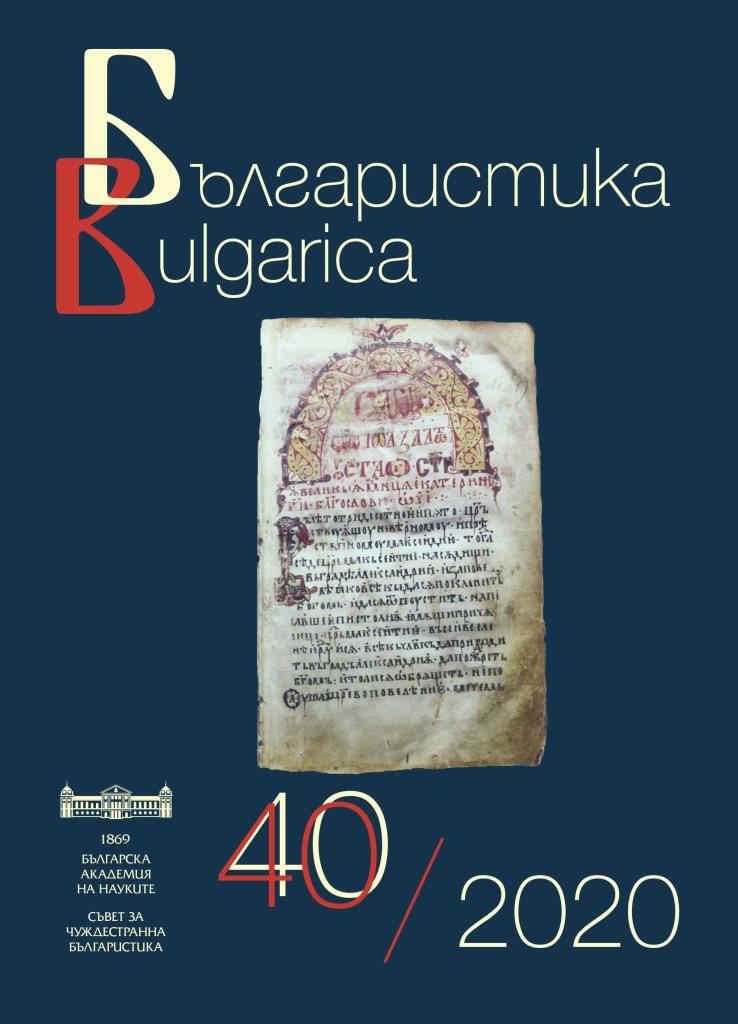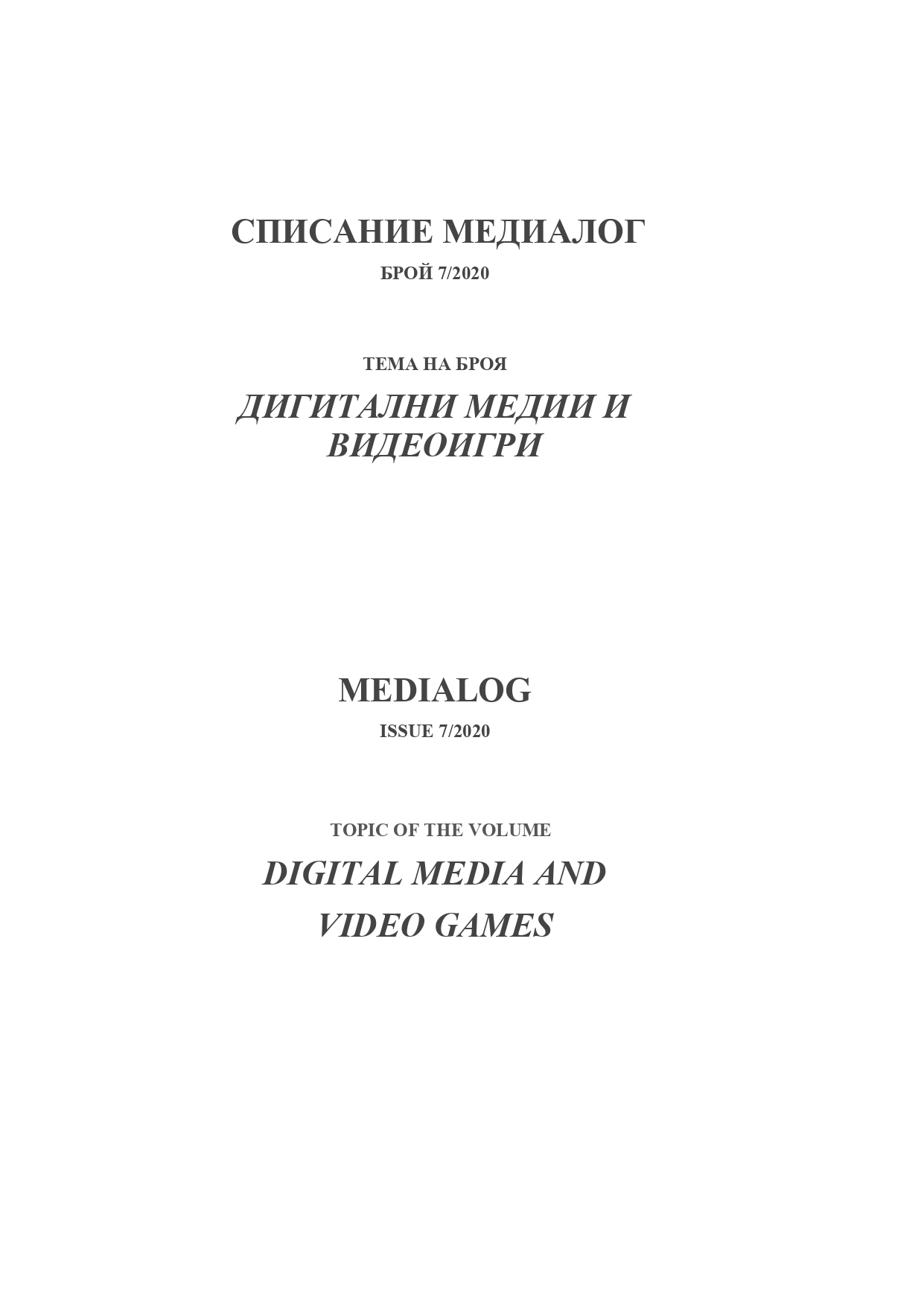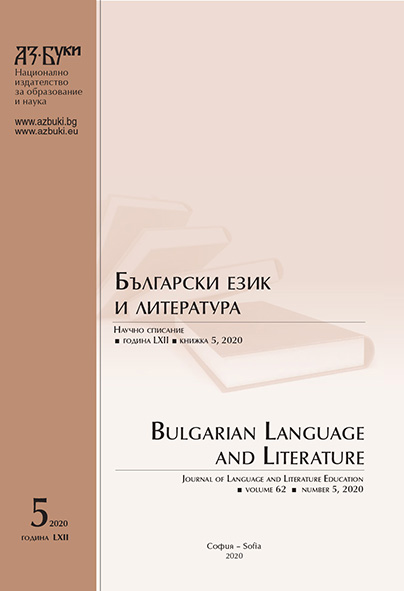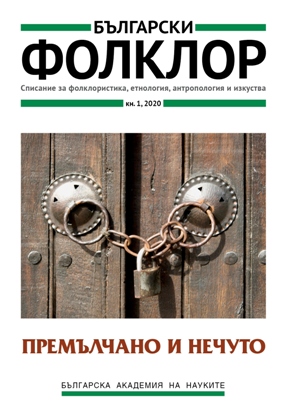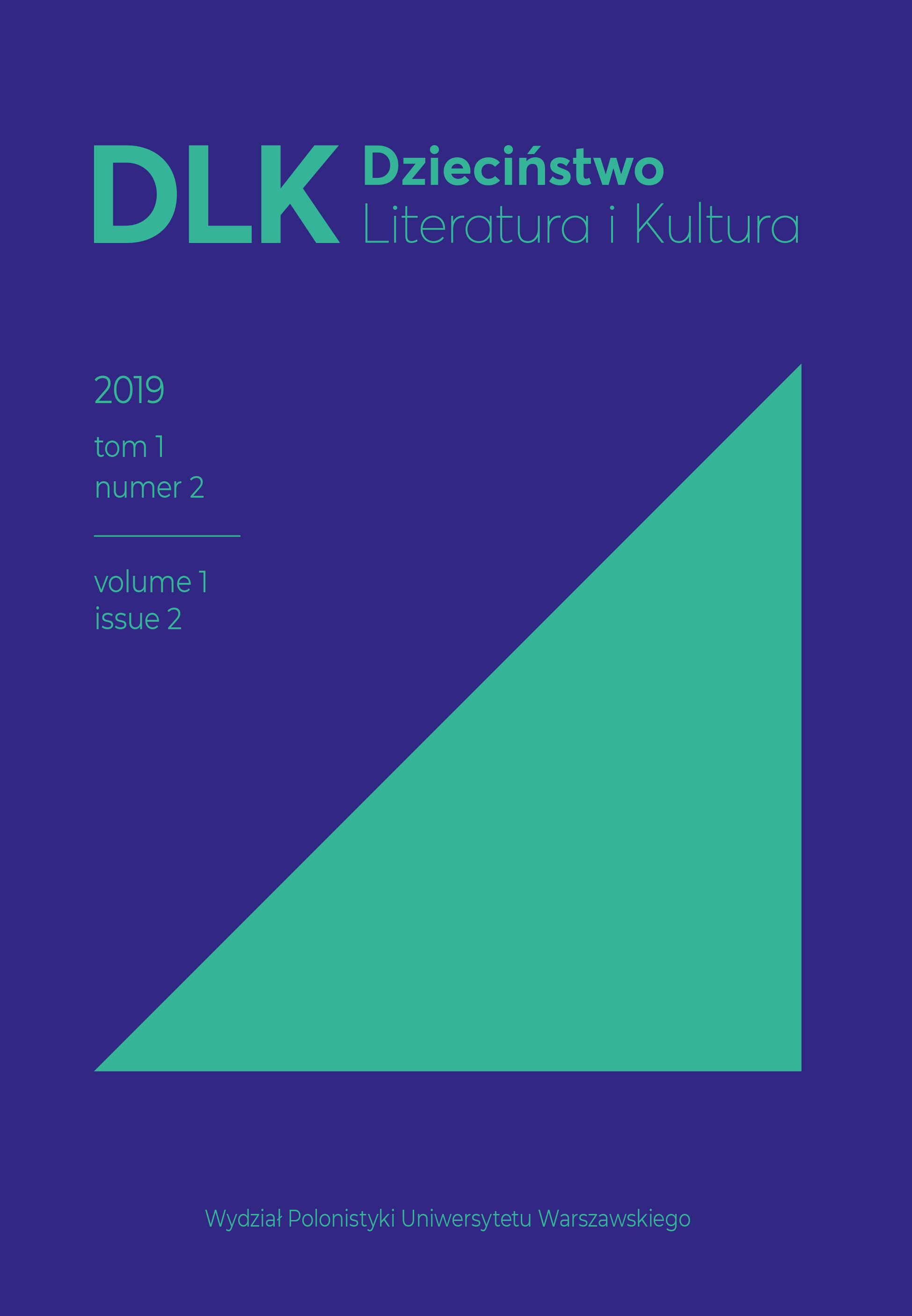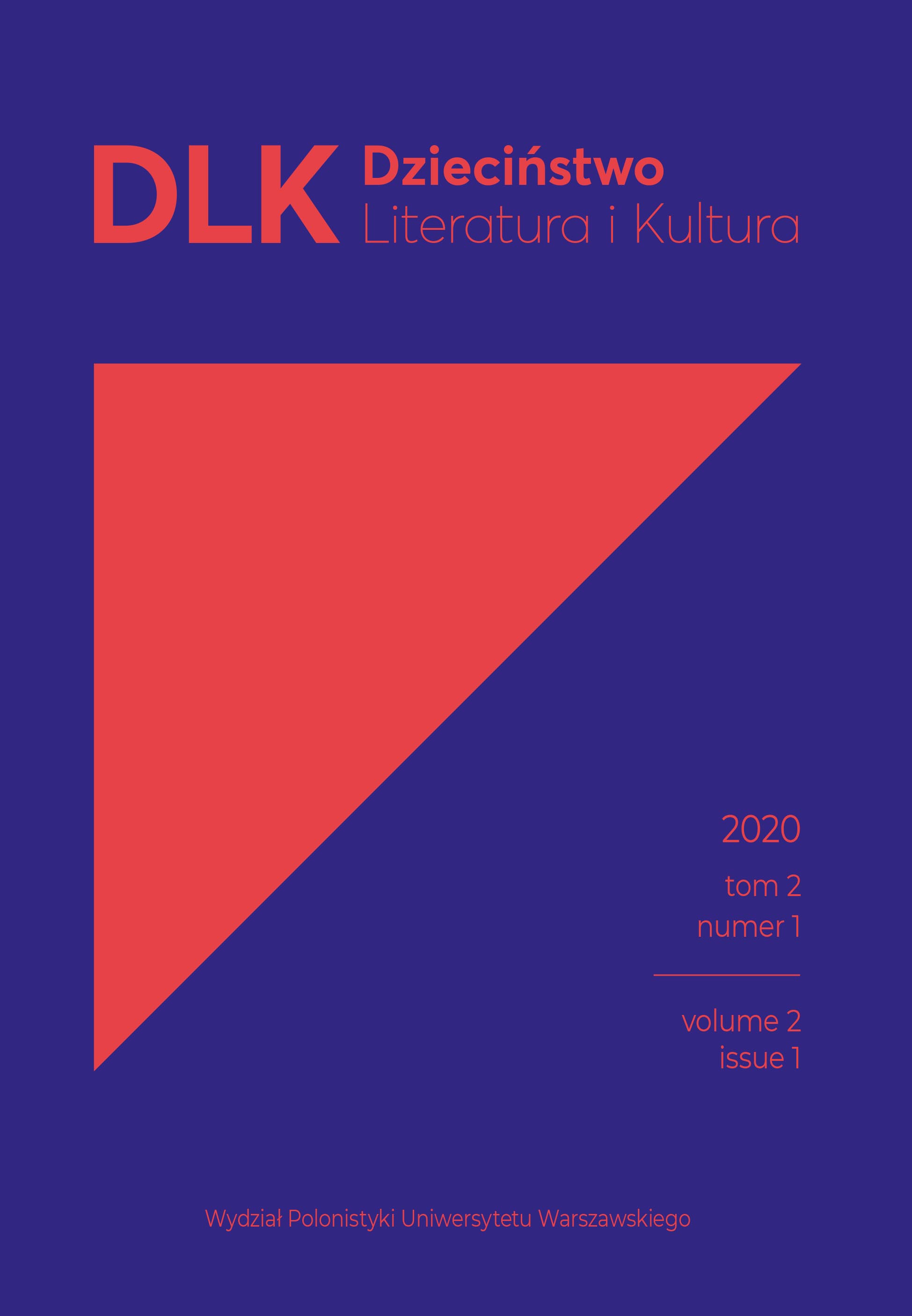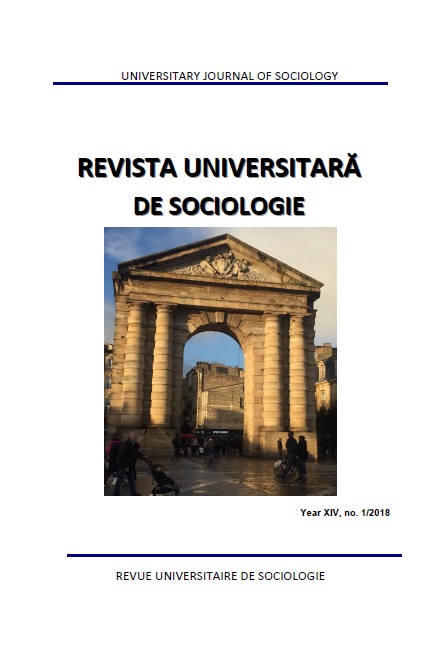
EXPLANATORY PARADIGMS OF THE RELATIONSHIP BETWEEN LANGUAGE, CULTURE, AND REPORTING TO REALITY
This article seeks to outline the polemics on the relationship between language and dialect and between language and social inter-action, and to present, in an analytical, synthetic and comprehensive manner, some theoretical models that provide explanatory patterns regarding the way in which language, as the basis of culture, is influencing how we relate to objective reality. First we will make a conceptual distinction on the relationship between dialect and language, we will review the philosophical premises of the issues addressed, after which the emphasis will move on the analysis of the language from four distinct paradigmatic positions: evolutionary, relativist, interactionist and constructivist.
More...
